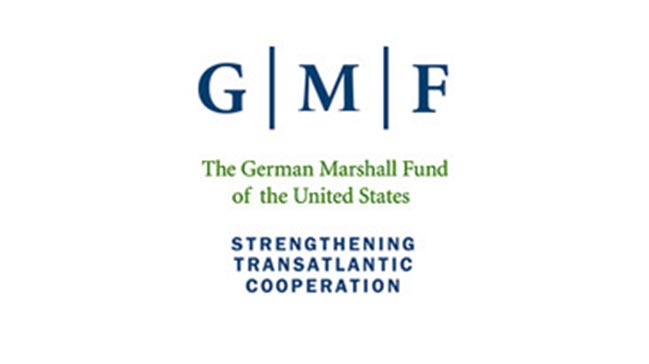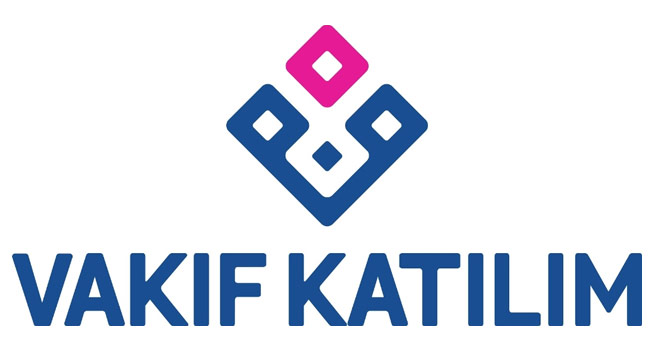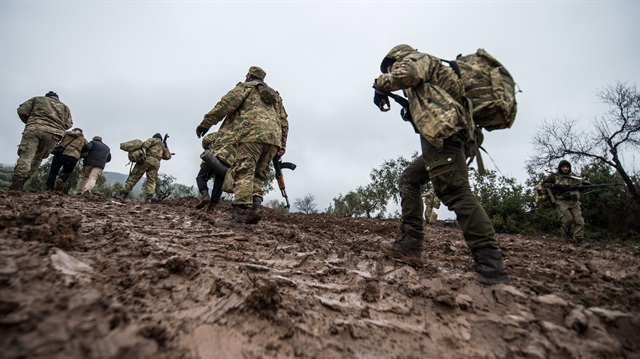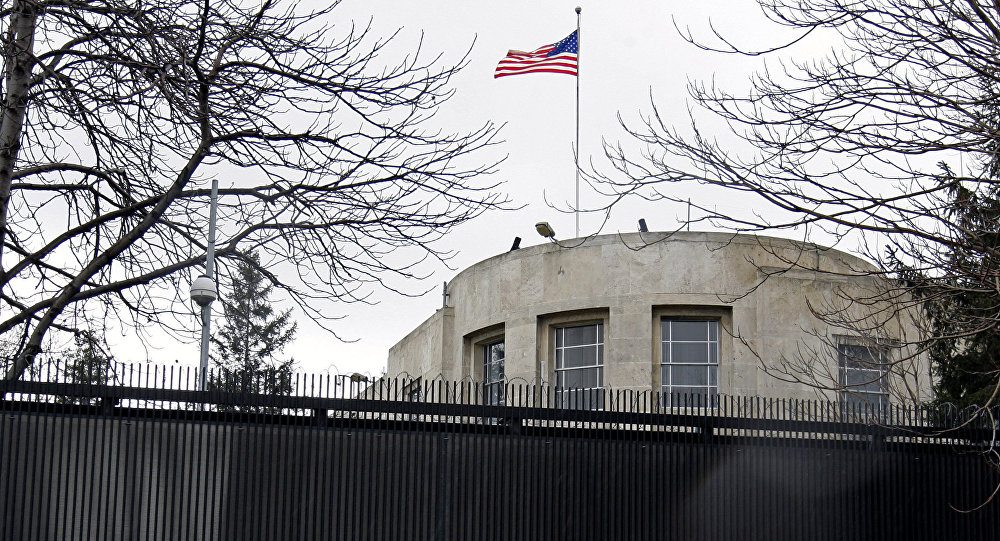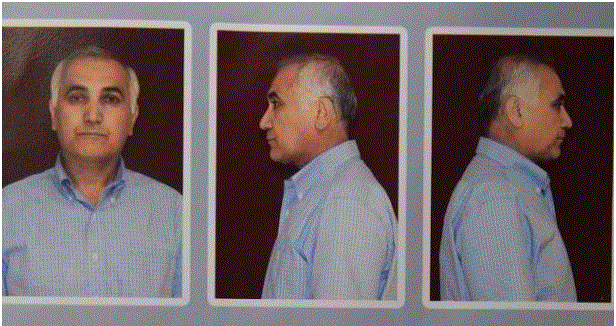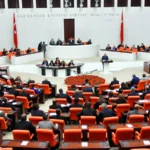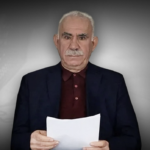In the previous two columns I described the problems present in a recent article published by MERIP, a progressive Washington DC think-tank. Now I would like to address a recent article from another important think-tank producing commentary on Turkey for the policy community.
The German Marshall Fund of the United States (GMF) has been involved with EU-Turkish relations for more than a decade, and regularly publishes evaluations and commentary on the current state of relations between the two sides. In terms of political identity, the GMF is officially nonpartisan, has had an Ankara office since 2005, and defines its Turkish policy work in the following terms:
Turkey is an important transatlantic partner, which has been going through a transformation for the last decade. The foreign policy dimensions of this transformation and implications for the transatlantic community in particular are widely debated by opinion leaders on both sides of the Atlantic. With the advantage of having an office in Ankara, GMF plays a significant role in this debate. Within this framework, GMF's Turkey program aim is strengthening Turkey’s ties with the transatlantic community and creating a forum where Americans, Europeans, and Turks can learn from one another and address shared challenges. (1)
On 14th December 2015, the GMF published a new analysis of EU-Turkey relations by senior non-resident fellow Emiliano Alessandri, titled “The Fallacies of Treating Turkey as Europe’s Gatekeeper.” (2) Whereas the title seems correct enough, and elicits hopes of an interesting read, the contents are entirely disappointing. In fact, the GMF should have long ago ceased publishing content that displays the regrettable attitudes and clichés that fill Alessandri’s analysis.
Overall, Alessandri’s message is surprising coming from a think-tank which states one of its aims as “strengthening Turkey’s ties with the transatlantic community and creating a forum where Americans, Europeans, and Turks can learn from one another and address shared challenges.” Alessandri’s focus throughout is not on strengthening Turkey-EU relations, but rather on protecting the EU and the EU’s interests, and on how the EU should prevent the looming “Middle-Easternization” of Turkey.
Some initial paragraphs cover the basics of the Syrian refugee crisis and present the author’s understanding of the EU’s attitude. The author then turns to defining the situation in Turkey, a description that features rather stereotypical “creeping dictatorship” themes. Alessandri wraps the introduction up by claiming that the EU’s attitude towards Turkey in the current context is damaging to the EU.
The next section, titled “Lost Leverage,” is devoted to worrying about how the EU has supposedly lost its negotiating advantage against the Turkish leadership. The commentary’s last section, “Where Do We Go Now,” engages in some fear-mongering concerning Turkey and then urges the EU to take a “realistic” stance towards Turkey. There, the author states emphatically that “currently Turkey does not qualify for EU membership.”
I would argue that Alessandri’s analysis, which features extremely negative, clichéd characterizations of the AKP as Turkey’s governing party and Recep Tayyip Erdoğan as the Turkey’s president, does not contribute a constructive commentary to the subject. To the contrary, Alessandri’s analysis focuses only on protecting the EU’s interests and perpetuates the recent narrative distortions concerning the Turkish leadership. As a policy wonk specializing on Turkey, Alessandri should have a better grasp on Turkish political life than he evinces in this article, but in the past five-to-seven years bizarre things have been occurring in the international press and think-tank commentary concerning Turkey.
Moreover, even the vocabulary that Alessandri uses is subjective and intended to lead the reader to the author’s preferred opinion. For example, the author uses the label “problematic” to generalize Turkey’s current status, and the reader receives the impression that Turkey should be treated as some sort of misbehaving teenager: “The fact that Ankara still considers EU membership a strategic objective should not be disregarded. Nevertheless, this rediscovered love affair with the EU should not be carelessly reciprocated.”
In order to reach his conclusions, as is the case with other content recently published on Turkey by various international commentators, Alessandri resorts to a camouflaged anti-democratic position and contradictory logic. After noting the results of November’s Turkish election, Alessandri provides a long list of malfeasances:
… violations of the principles of a pluralistic society, from freedom (and safety) of the media to the protection of minorities, are reaching a new level in a polarized country in which checks and balances have been progressively dismantled and securitization has prevailed.
The disappointing aspect of this explanation is the total lack of real political context from someone claiming to analyze current Turkish politics. The Turkish people have repeatedly demonstrated that they prefer the AKP’s policies; foreign analysts must accept that Turkish voters know very well who and what they are voting for, and that this is an entirely democratic preference. Compounding matters, and as was the case in the Ümit Cizre article in MERIP, not once does Alessandri mention Fethullah Gülen’s name in this article. For Alessandri, the PKK bears no culpability for the heightened intensity of the conflict between that militant organization and the Turkish state. And Alessandri appears to be blind to the excellent progress that is being made concerning ethnic and religious minority rights in Turkey.
If think-tank policy wonks truly want to contribute to the EU-Turkish dialogue in a constructive manner, first they need to have a firm grasp on all aspects of the current Turkish political situation. Once they take all factors into objective consideration, including Turkey’s political history, Fethullah Gülen, and the PKK’s own decisions, then they will have a much better chance of penning commentary that is useful for all concerned.
NOTES
(1) http://www.gmfus.org/turkey
(2) http://www.gmfus.org/publications/fallacies-treating-turkey-europes-gatekeeper
Yazıyı beğendiysen, patronumuz olur musun?
Evet, çok ciddi bir teklif bu. Patronumuz yok. Sahibimiz kar amacı gütmeyen bir dernek. Bizi okuyorsan, memnunsan ve devam etmesini istiyorsan, artık boş olan patron koltuğuna geçmen lazım.
Serbestiyet; Türkiye'nin gri alanı. Siyah ve beyazlar içinde bu gri alanı korumalıyız. Herkese bir gün gri alanlar lazım olur.




